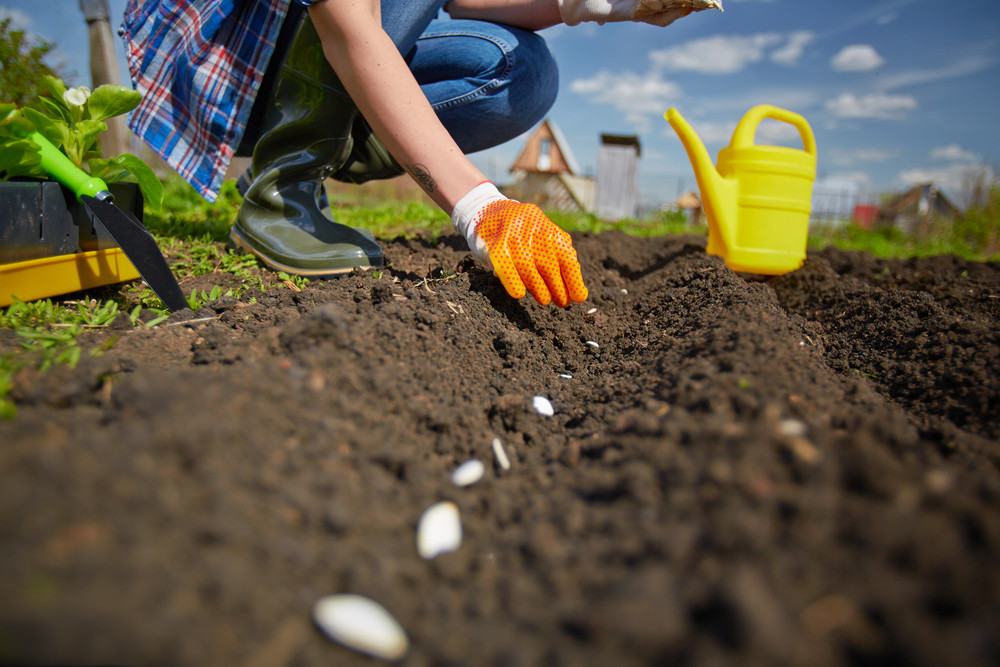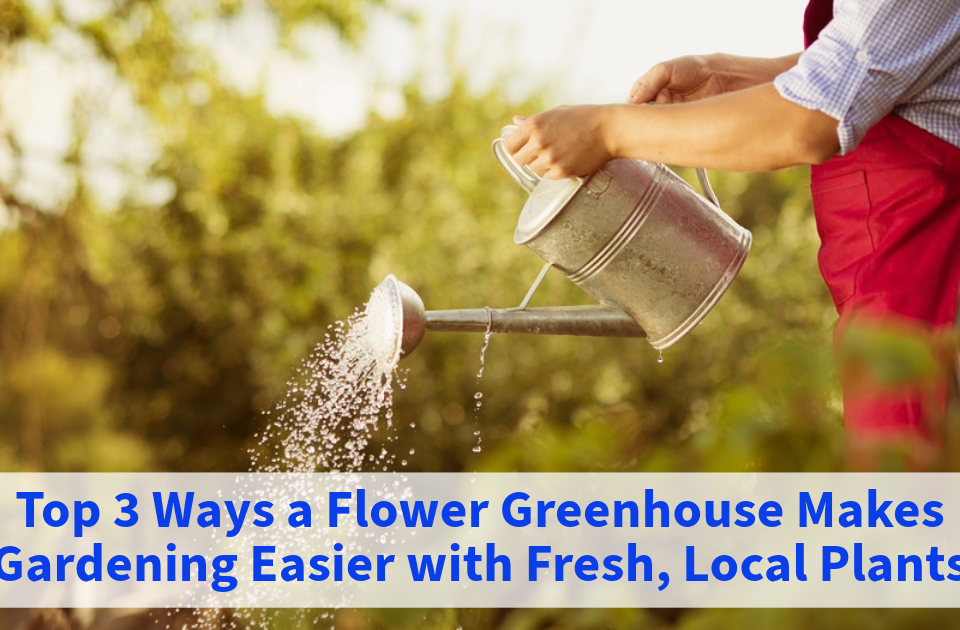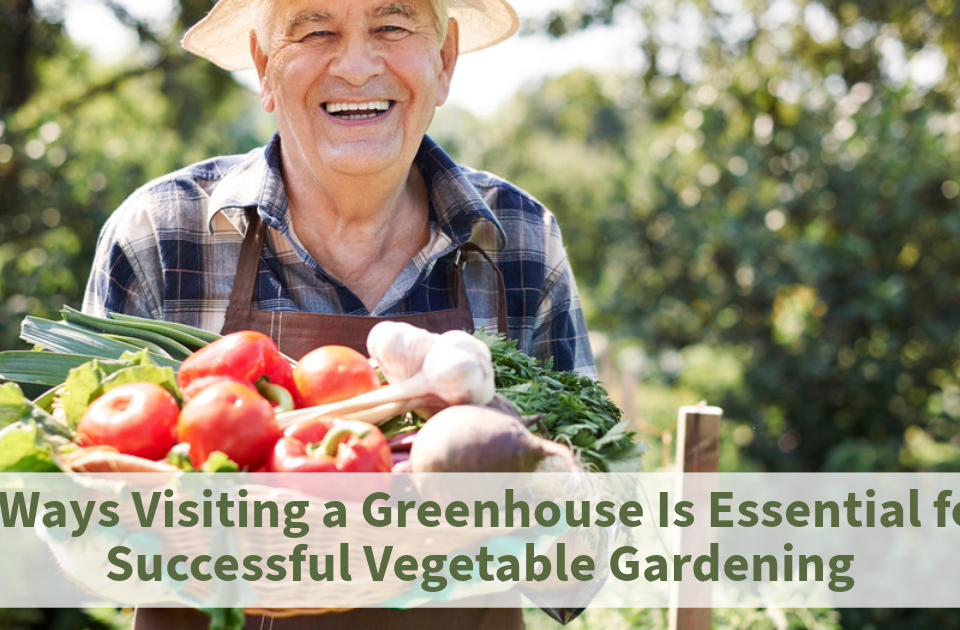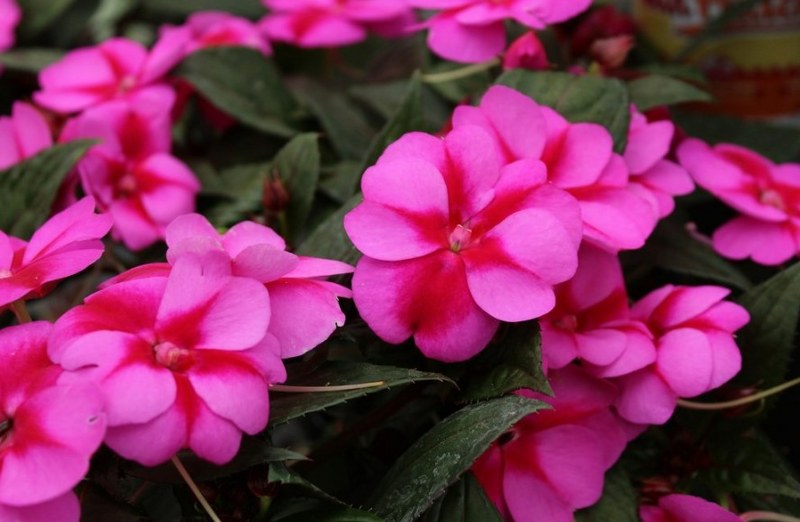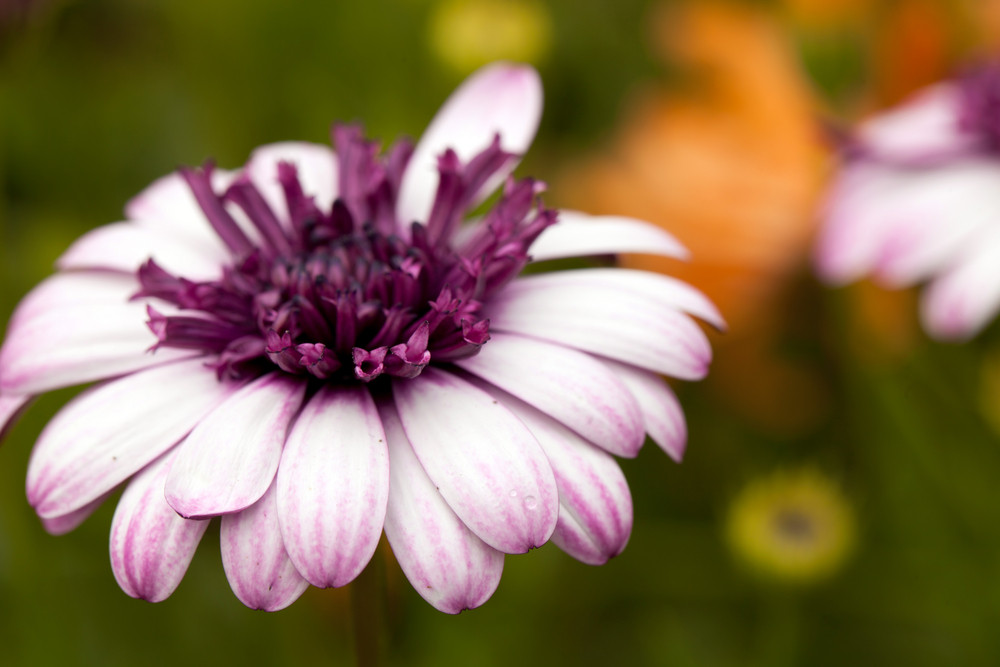
Schwartz’s Quick Tips for Successful Perennials
March 22, 2023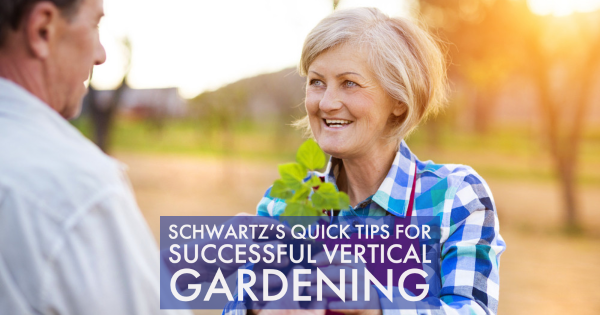
Schwartz’s Quick Tips for Successful Vertical Gardening
April 11, 2023Whether you plan on growing perennials, annuals, or vegetables, the healthiest start for any garden is its soil. Soil plays a crucial role in your garden’s health and growth, so it is important to take the necessary steps to ensure you it’s in tip-top shape. Here are some quick tips from our team to you on how to make sure your soil is ready for planting.
Read the Packaging
According to the National Gardening Association, the average gardener in the U.S. is female, over 45 years old, and there is an almost 80% chance that she has a college degree or at least some college education. However, you don’t have to have a college education to be a successful gardener. Reading the packaging of your plants and soil is one of the most important steps in getting your garden underway. Each plant and soil has its own set of needs, so be sure to read the labels carefully. For instance, if you’re planting perennials, the best pH for your soil will most likely be lower than if you were planting annuals. Reading your plants and soil packaging will help make sure your garden is off to a great start.
Invest in Organic Materials
High-quality soil should have organic material, such as compost and manure. Organic materials help make sure your soil is healthy with the necessary nutrients for plant growth. You can buy ready-made compost, or you can create your own. If you choose to make your own compost, use materials such as grass clippings, leaves, vegetable and fruit scraps, manure, coffee grounds, shredded newspaper, or straw. Be sure to mix these materials together properly for an effective compost.
Test Your Soil
Testing your soil is the best way to determine its quality and the nutrients it contains. You can buy a testing kit that will allow you to easily determine the pH level, nitrogen, phosphorus, and potassium content of your soil. Knowing the nutrients in your soil will also be beneficial because you’ll know when it’s necessary to add more.
These are just some quick tips from our team to you! If you take the time to read, gather organic materials, and test your soil, you will be one step closer to growing the best perennials and vegetables in your garden! For more information, call Schwartz Greenhouse today!


